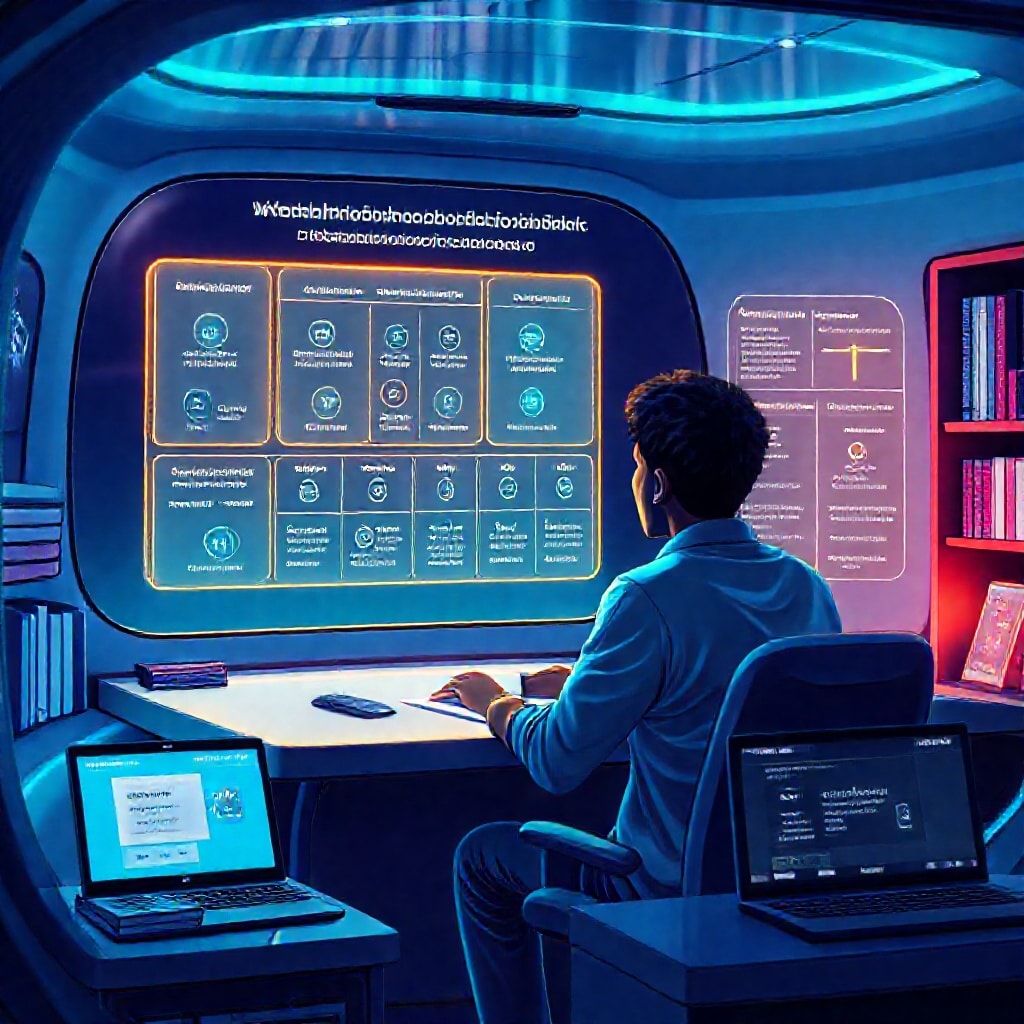What training or resources are available to improve my platform skills?
What training or resources are available to improve my platform skills?
Introduction
In the fast-moving world of web3 finance, platform skills aren’t just about coding. They’re about understanding how on-chain data, cross-chain liquidity, and traditional markets like forex, stocks, indices, options, and commodities intersect with DeFi. The good news: there’s a rich mix of training—from hands-on labs to official docs—that can level up your ability to build, backtest, and trade with confidence. You don’t need to dive all at once; a blended approach—courses, documentation, community, and practical testing—gets you there faster.

Hands-on Labs and Courses
- Practical courses that translate theory into action: look for modules that pair crypto trading concepts with real-world dashboards and paper trading. Courses from respected platforms often structure learning around a project you can showcase, such as building a liquidity-analyzing dashboard or simulating an arbitrage strategy across assets.
- Coding-focused tracks: Solidity and smart-contract security are essential, but also pair them with Python or R for data analysis and backtesting. A small project—fetching price feeds, running a backtest, then visualizing outcomes—shrinks the gap between idea and implementation.
- Industry-relevant pathways: tracks that cover DeFi protocols (lending, AMMs, yield farms), risk controls, and governance help you translate platform skills into practical trading decisions across forex, stock proxies, crypto, and commodities.
Docs, Tutorials, and Knowledge Bases
- Official protocol docs: Ethereum, Solana, Uniswap, Aave, and other major protocols have extensive docs. They reveal how data is sourced, how permissions work, and how to interact safely with contracts.
- Knowledge hubs: comprehensive tutorials on Binance Academy, Coinbase Learn, and similar outlets provide baseline terminology, risk notes, and scenario-based explanations that desk techs and traders can relate to.
- Reference sheets and cheat sheets: quick-start guides for API calls, event logs, and common patterns (signing, nonce management, error handling) save time and reduce mistakes during live work.
Community, Mentorship, and Networking
- Developer and trader communities: Discord groups, Reddit threads, and Twitter spaces offer real-time questions and troubleshooting. Look for channels focused on DeFi security, automation, and backtesting workflows.
- Mentorship and hackathons: mentors can walk you through building a small DeFi project or a cross-asset trading strategy. Hackathons give you a concrete deadline to sharpen skills under peer review.
Tools, Dashboards, and Practice Environments
- Testnets and paper trading: Goerli or Sepolia testnets let you deploy and test contracts without risk. Paper-trading setups help you validate strategies across assets like forex proxies, stocks, and crypto.
- Local development and backtesting: frameworks like Hardhat or Foundry for contracts, plus Python notebooks for data analysis, let you simulate multi-asset strategies before going live.
- Charting and analytics: learn to integrate on-chain data with charting tools (TradingView-style interfaces, Dune Analytics, or The Graph) to analyze cross-asset signals in context.
Strategy, Risk Management, and Reliability
- Leverage-aware trading: in forex, options, or crypto, define risk per trade (for example, a fixed percentage of capital) and cap leverage to avoid blowups. Use stop-loss mechanisms, position sizing, and diversification across assets to smooth drawdowns.
- Cross-asset thinking: compare liquidity, spreads, and volatility across forex, stocks, crypto, indices, and commodities. A robust platform skill set includes knowing when to pivot from one asset class to another based on liquidity and risk signals.
- Security and compliance: training in contract auditing basics and best practices helps you spot red flags early and protect funds.
DeFi Development and Challenges
Decentralized finance is maturing, but faces hurdles: gas costs, cross-chain latency, reliance on oracles, and evolving regulations. Training that covers auditing, secure deployment, and incident response keeps you prepared for real-world risks and regulatory shifts.
Future Trends: Smart Contracts and AI-Driven Trading
Smart-contract trading and AI-assisted analysis are moving from buzz to practice. Expect more automated risk checks, data-driven decision frameworks, and on-chain execution rules that adapt to market conditions. Staying current means mixing on-chain experimentation with solid risk controls and continuous learning.
Slogans to Keep You Motivated
- Elevate your platform skills. Trade smarter, build cleaner, deploy with confidence.
- Learn by doing: hands-on practice today, sharper decisions tomorrow.
- Your edge is in the details—data, risk controls, and disciplined execution.
Takeaway
To improve platform skills for a multi-asset world, blend practical labs, solid docs, and vibrant communities with disciplined risk management. Start with a concrete project—like a cross-asset backtest and a safe deployment plan—and iterate. As DeFi evolves, your ability to interpret on-chain signals, manage risk, and adapt to AI-enhanced tooling will be your strongest asset.